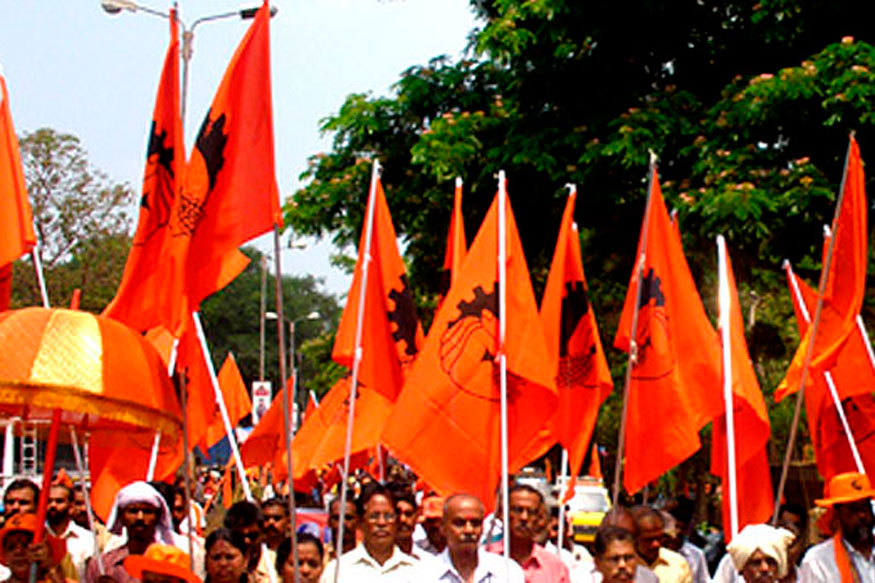
The Code on Wage, 2019 presented in the Parliament can be termed historic and revolutionary since the last worker in the unorganised sector in India is going to be benefitted by the minimum wages and other wage laws under the Code, said Saji Narayanan C.K., National President, Bharatiya Mazdoor Sangh (BMS).
“At present, only nearly 7% of total workers have any benefit of wage laws. The present major shortcomings to the wage laws have been rectified in the Code viz. lack of universal application, applicable only to certain scheduled sectors, different wages for different sectors and for different jobs etc. The Code has removed the old system of scheduling of sectors for minimum wages,” Shri Saji Narayanan said in a statement.
The definition of employer includes those who employ labour directly or indirectly; which benefits contract labour, supply chain workers etc. Revision of minimum wages is made compulsory within five years whereas now it is being postponed for several years. The code prohibits gender discrimination even in recruitment and conditions of employment. The advisory body has been given responsibility to give thrust to the employability of women workers, he said.
“The Code provides that the employee will not suffer due to the employer not contributing to EPF, ESI or other funds. At present if employer do not pay contribution to ESI, EPF etc. in time, worker loses the benefits of such schemes. Payment of wages through Banks provided in the Code will bring transparency. Workers and Trade unions are given the right to file criminal complaints which the old laws did not provide. Rent, conveyance and overtime allowances are included for payment of wages, thus expanding the concept of wage,” the statement said.
The statement further added that wage claim can be filed within 3 years raising from the present 6months. Hence worker will not lose his claim due to any delay on his part. Absence of “Inspector” in the 2017 draft had been rectified by adding “Inspector cum facilitator” in the new Draft. Overall the Code is highly beneficial to workers.
Calculation of minimum wages according to established principles laid down in 15th ILC, Supreme Court Decision in Raptakos Brett case and later suggestions etc., will be done by a tripartite Committee including trade unions repeating the practice as per the existing Minimum Wages Act. Another tripartite Advisory Board also will look into such fixation. So Government cannot arbitrarily decide, it added.
There are some provisions of the old law which need to be improved in the new Code. Since the Labour Code on Wage has already undergone the scrutiny of Parliamentary Standing Committee, it should be passed by both houses at the earliest so as to benefit the 50 crores of needy workers in the country, said the BMS national president.














Comments